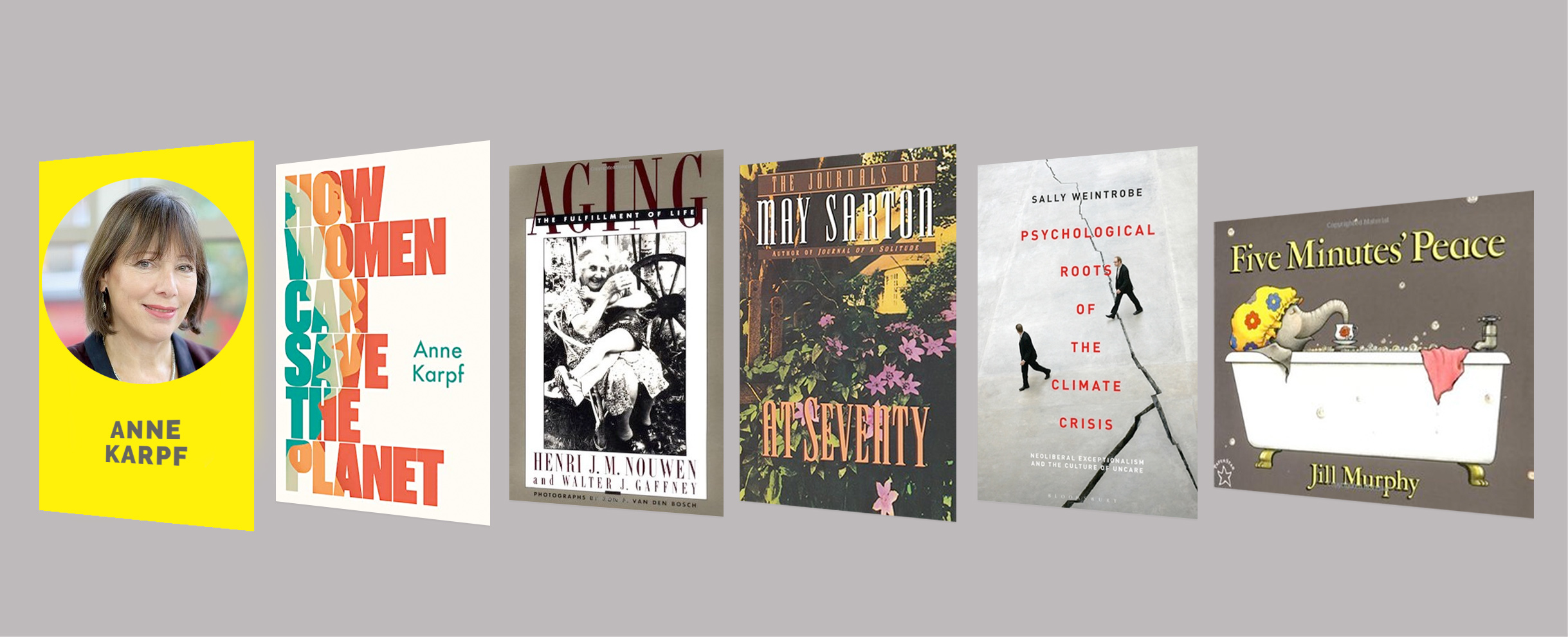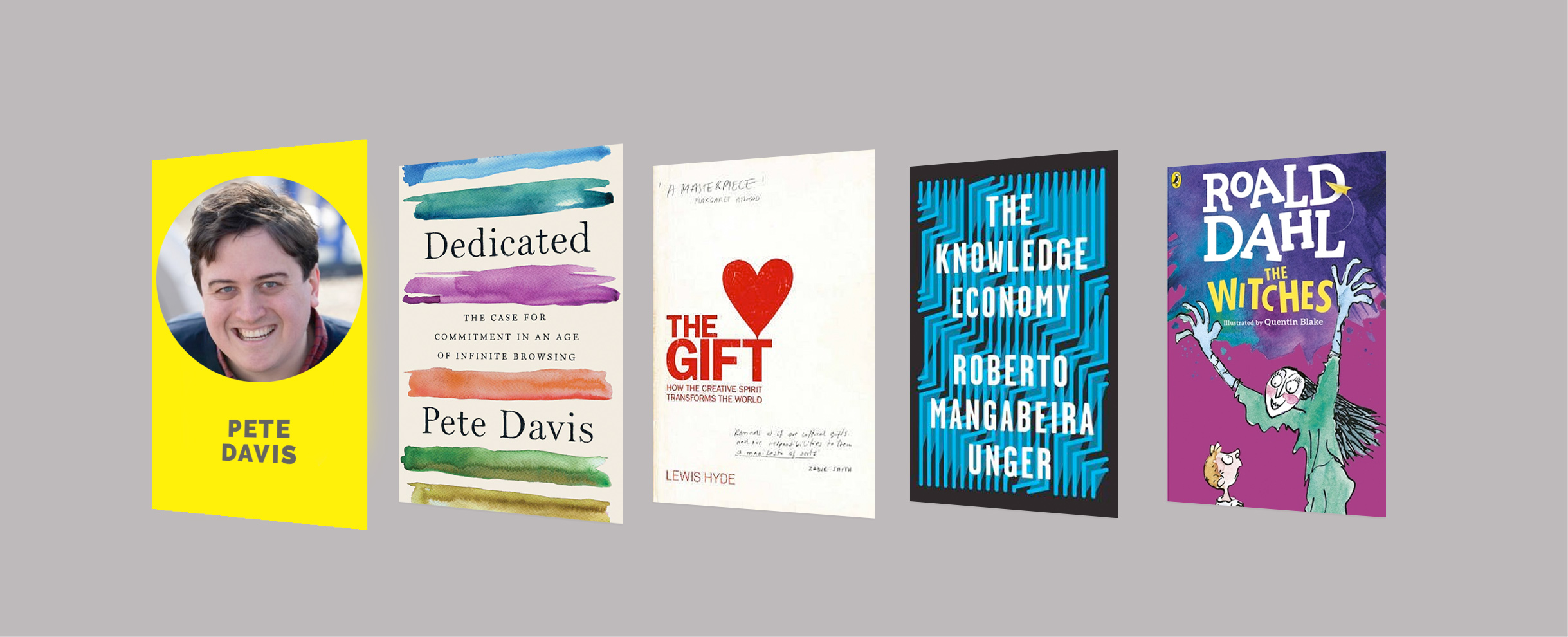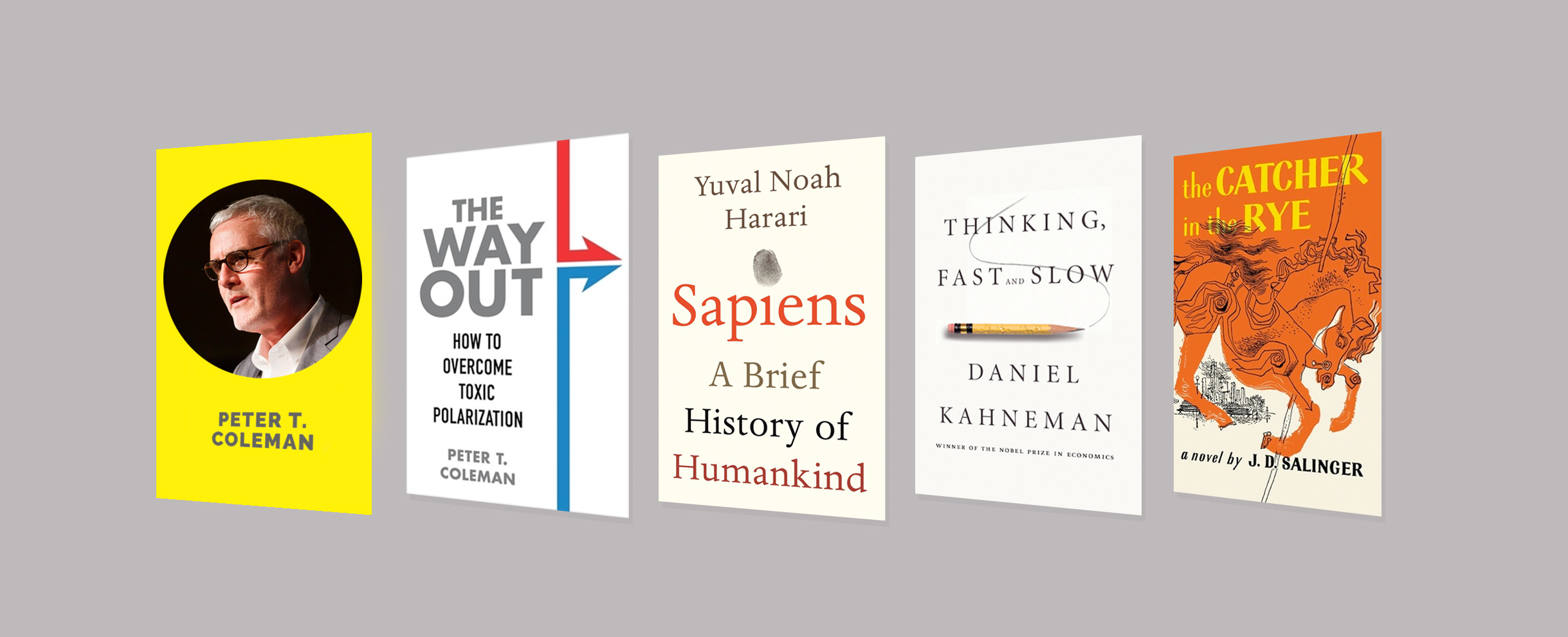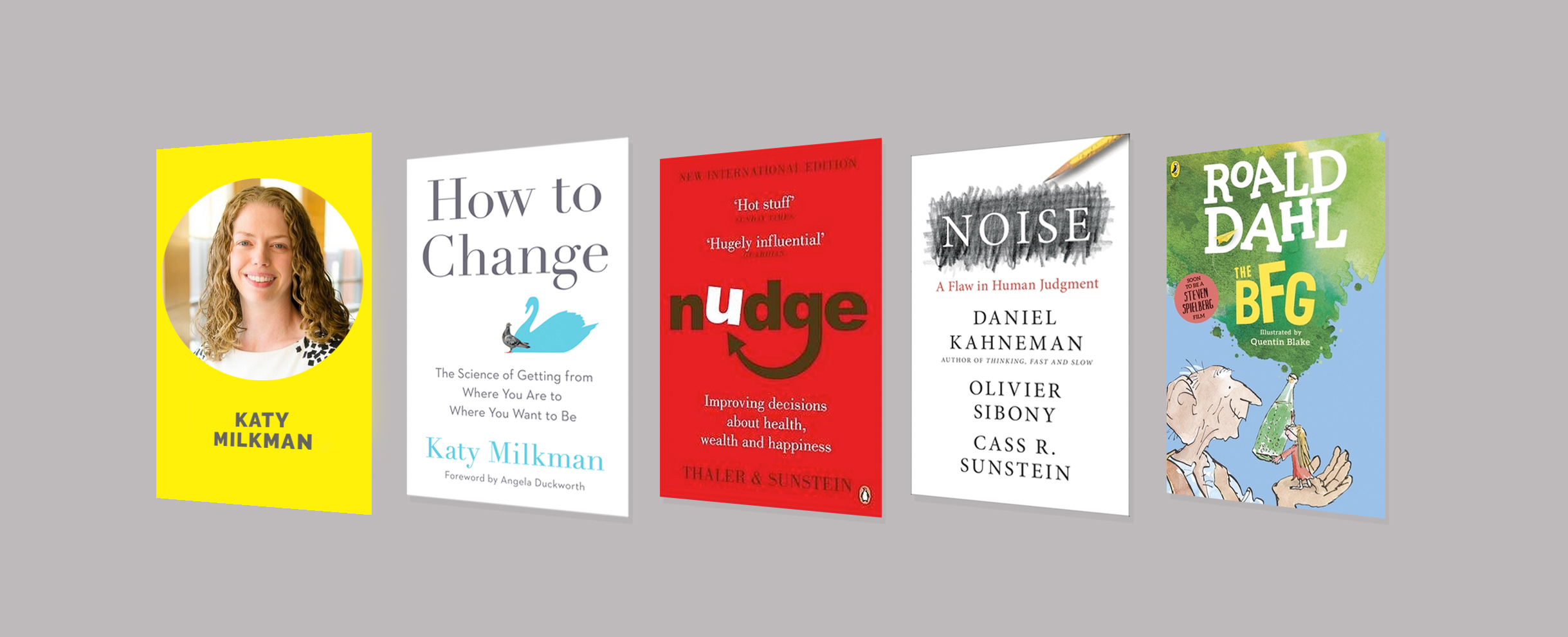Interview with John Kampfner, author of Why the Germans Do it Better: Notes from a Grown-Up Country
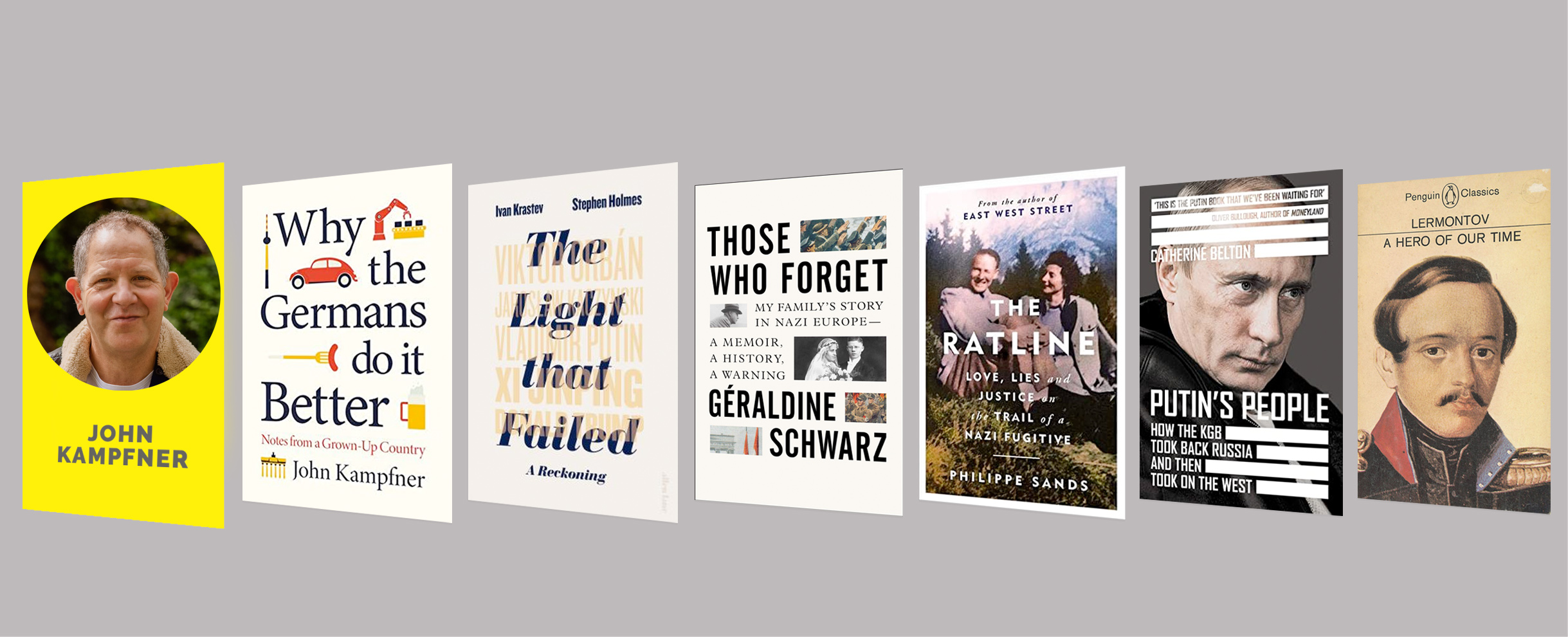
John Kampfner, author of Why the Germans Do it Better: Notes from a Grown-Up Country recommends a fascinating group of books! Before jumping into the interview, please check out John's book:
Review from Book Depository:
merging from a collection of city states 150 years ago, no other country has had as turbulent a history as Germany or enjoyed so much prosperity in such a short time frame. Today, as much of the world succumbs to authoritarianism and democracy is undermined from its heart, Germany stands as a bulwark for decency and stability.
(All affiliate links earn commission from purchases that help fund this site. Prices accurate at time of writing)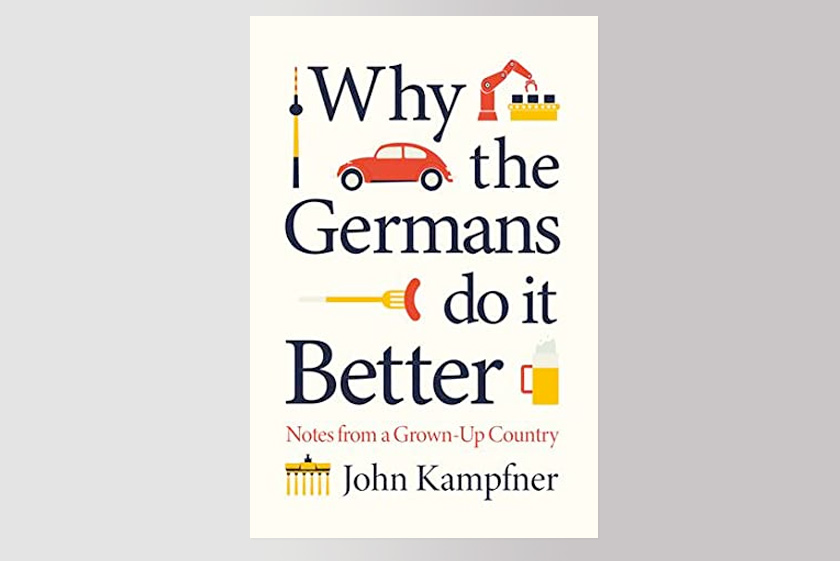
Why the Germans Do it Better: Notes from a Grown-Up Country
Mixing personal journey and anecdote with compelling empirical evidence, this is a critical and entertaining exploration of the country many in the West still love to hate. Raising important questions for our post-Brexit landscape, Kampfner asks why, despite its faults, Germany has become a model for others to emulate, while Britain fails to tackle contemporary challenges. Part memoir, part history, part travelogue, Why the Germans Do It Better is a rich and witty portrait of an eternally fascinating country.
Buy On:
Easons €14.00
Book Depository €14.56
Waterstones £8.49
Wordery $13.05
Q. Do you have a favourite smart thinking book (and why that book)?
If you want one book to help explain everything that has gone wrong with liberal democracy, you should look no further than The Light That Failed by Ivan Krastev and Stephen Holmes. They provide a European and American take on how authoritarianism has filled the void. Trump may be gone but the causes of discontent have not.
Review from Book Depository:
A landmark book that completely transforms our understanding of the crisis of liberalism, from two pre-eminent intellectuals.
Why did the West, after winning the Cold War, lose its political balance?
(All links earn commission from purchases. Prices accurate at time of writing)
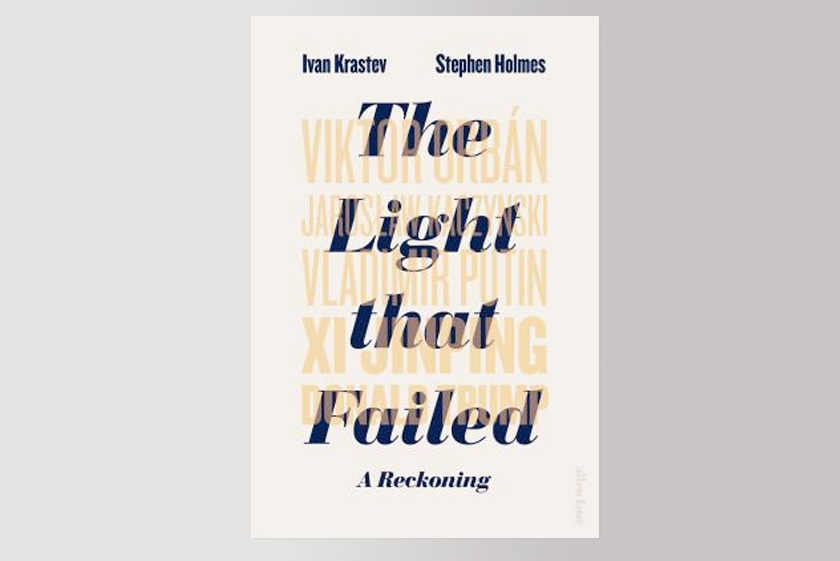
The Light that Failed: A Reckoning
In the early 1990s, hopes for the eastward spread of liberal democracy were high. And yet the transformation of Eastern European countries gave rise to a bitter repudiation of liberalism itself, not only in the East but also back in the heartland of the West.
In this brilliant work of political psychology, Ivan Krastev and Stephen Holmes argue that the supposed end of history turned out to be only the beginning of an Age of Imitation. Reckoning with the history of the last thirty years, they show that the most powerful force behind the wave of populist xenophobia that began in Eastern Europe stems from resentment at the post-1989 imperative to become Westernized.
Through this prism, the Trump revolution represents an ironic fulfillment of the promise that the nations exiting from communist rule would come to resemble the United States. In a strange twist, Trump has elevated Putin's Russia and Orban's Hungary into models for the United States.
Written by two pre-eminent intellectuals bridging the East/West divide, The Light that Failed is a landmark book that sheds light on the extraordinary history of our Age of Imitation.
Buy On:
Book Depository €9.43
Waterstones £9.99
Wordery $11.07
Q. What's the most recent smart thinking book you've read (and how would you rate it)?
I'll go for two about Germany and its reckoning with history and one on Russia. Review From Book Depository:
During the war, Geraldine Schwarz's grandparents were neither heroes nor villains - they just followed the current. Afterwards they wanted to forget, to bury it all under the wreckage of the Third Reich.
(All links earn commission from purchases. Prices accurate at time of writing) Review From Book Depository:
As Governor of Galicia, SS Brigadefuhrer Otto Freiherr von Wachter presided over an authority on whose territory hundreds of thousands of Jews and Poles were killed, including the family of the author's grandfather. By the time the war ended in May 1945, he was indicted for 'mass murder'. Hunted by the Soviets, the Americans, the Poles and the British, as well as groups of Jews, Wachter went on the run. He spent three years hiding in the Austrian Alps, assisted by his wife Charlotte, before making his way to Rome where he was helped by a Vatican bishop. He remained there for three months. While preparing to travel to Argentina on the 'ratline' he died unexpectedly, in July 1949, a few days after spending a weekend with an 'old comrade'.
(All links earn commission from purchases. Prices accurate at time of writing) Review From Book Depository:
A chilling and revelatory expose of the KGB's renaissance, Putin's rise to power, and how Russian black cash is subverting the world.
In Putin's People, former Moscow correspondent and investigative journalist Catherine Belton reveals the untold story of how Vladimir Putin and his entourage of KGB men seized power in Russia and built a new league of oligarchs.
(All links earn commission from purchases. Prices accurate at time of writing)
Géraldine Schwarz's Those Who Forget is a haunting account of her German grandparents' relationship with their Jewish neighbours.
A hugely successful podcast, The Ratline by Philippe Sands went straight onto the best-sellers.
Catherine Belton's Putin's People is so compelling that the Kremlin and its oligarch friends are trying to silence her.
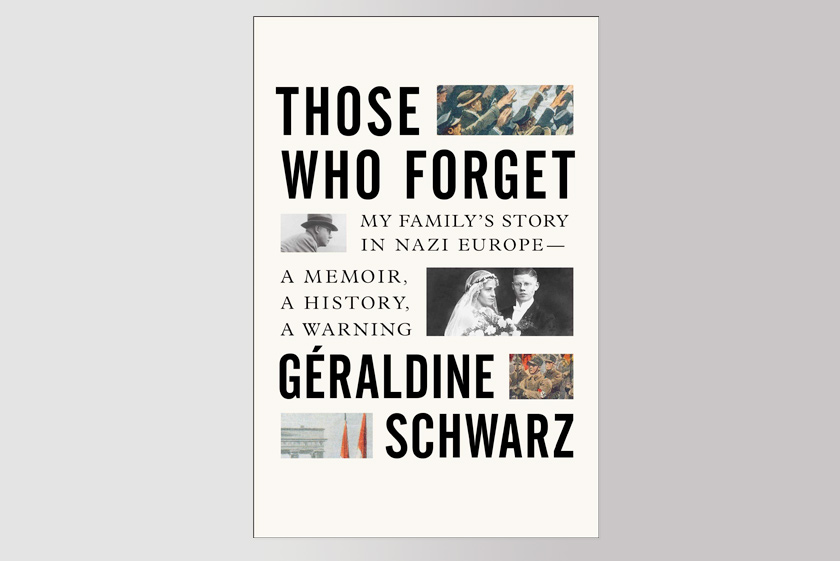
Those Who Forget: My Family's Story in Nazi Europe – A Memoir, A History, A Warning
But decades later, delving through the basement of their apartment building, Geraldine discovers that her grandfather Karl profited from the forced 'Aryanisation' of Jewish businesses - and so she is compelled to investigate her ancestors' past. On her mother's side, she delves into the role of her French grandfather, a policeman during the Vichy regime. How guilty were they?
Combining generations of family stories with the history of Europe's post-war reckoning, Geraldine asks: how did Germans transform their collective guilt into democratic responsibility? And, given rising populism in Europe today, how can we ensure we learn from history?
Buy On:
Easons €15.40
Book Depository €12.89
Waterstones £10.99
Wordery $12.84
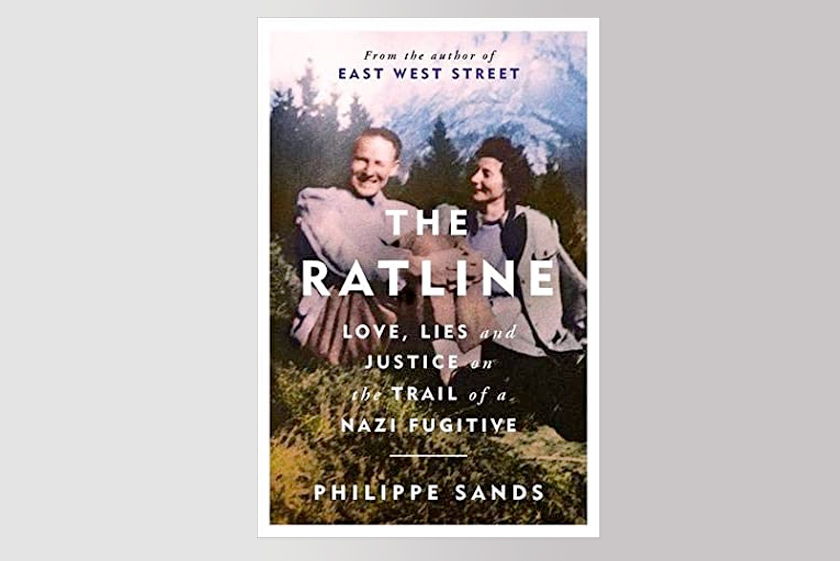
The Ratline: Love, Lies, and Justice on the Trail of a Nazi Fugitive
In The Ratline Philippe Sands offers a unique account of the daily life of a senior Nazi and fugitive, and of his wife. Drawing on a remarkable archive of family letters and diaries, he unveils a fascinating insight into life before and during the war, on the run, in Rome, and into the Cold War. Eventually the door is unlocked to a mystery that haunts Wachter's youngest son, who continues to believe his father was a good man - what happened to Otto Wachter, and how did he die?
Buy On:
Easons €14.00
Book Depository €16.31
Waterstones £8.49
Wordery $13.05
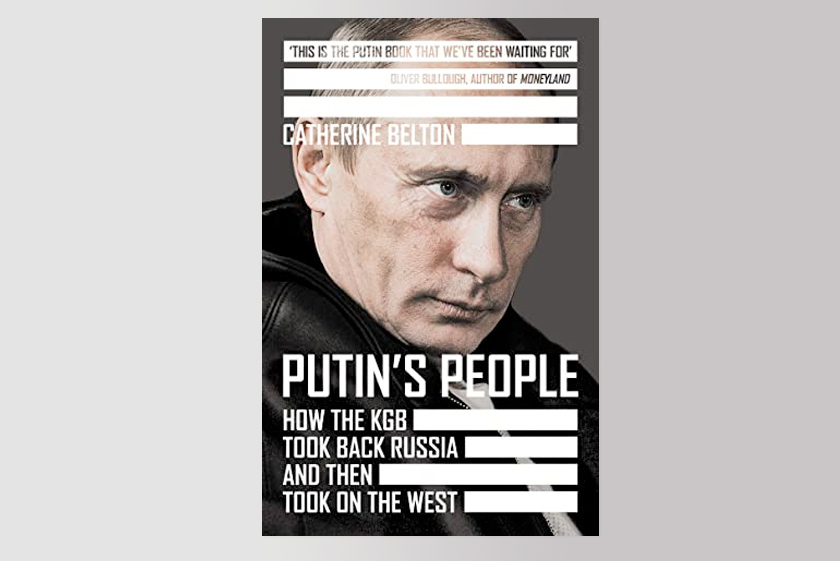
Putin's People: How the KGB Took Back Russia and Then Took On the West
Through exclusive interviews with key inside players, Belton tells how Putin's people conducted their relentless seizure of private companies, took over the economy, siphoned billions, blurred the lines between organised crime and political powers, shut down opponents, and then used their riches and power to extend influence in the West.
In a story that ranges from Moscow to London, Switzerland and Trump's America, Putin's People is a gripping and terrifying account of how hopes for the new Russia went astray, with stark consequences for its inhabitants and, increasingly, the world.
Buy On:
Easons €27.50
Book Depository €10.16
Waterstones £8.49
Wordery $12.07
Q. Do you have a favourite childhood book?
I have a favourite angry teenager book, and it's the eternal homage to nihilism: A Hero of Our Time by Mikhail Lermontov. Review From Book Depository:
On his travels through the wild mountainous terrain of the Caucasus, the narrator of A Hero of Our Time chances upon the veteran soldier and storyteller Maxim Maximych, who relates to him the dubious exploits of his former comrade Pechorin. Engaging in various acts of duelling, contraband, abduction and seduction, Pechorin, an archetypal Byronic anti-hero, combines cynicism and arrogance with melancholy and sensitivity.
(All links earn commission from purchases that help fund this site. Prices accurate at time of writing)
Pechorin, the glamorous anti-heroic superfluous soldier, would now be considered beyond the pale for our time.
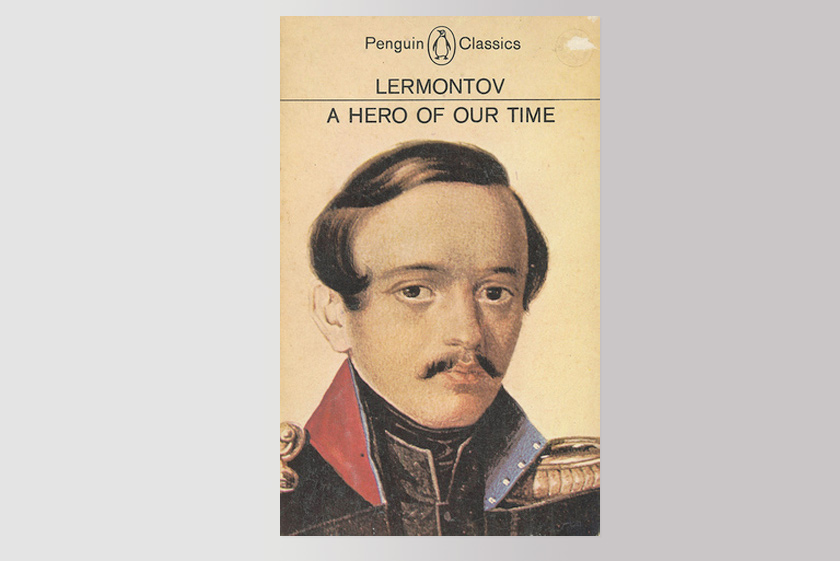
A Hero of Our Time
Causing an uproar in Russia when it was first published in 1840, Lermontov's brilliant, seminal study of contemporary society and the nihilistic aspect of Romanticism - accompanied here by the unfinished novel Princess Ligovskaya - remains compelling to this day.
Buy On:
Easons €8.39
Book Depository €6.56
Waterstones £5.99
Wordery $7.79
Q. Do you prefer reading on paper, Kindle or listening to an audiobook?
Paper. Always.
Q. Do you have a favourite bookshop (and why that shop)?
I'm a central Londoner, for my sins, so it must be Waterstones in Gower St or Daunts in Marylebone.
Many thanks to John for recommending a fascinating group of books! Please don't forget to check out John's book Why the Germans Do it Better: Notes from a Grown-Up Country.
Daryl
Image Copyrights: Penguin Books Ltd (The Light that Failed), Pushkin Press (Those Who Forget), Orion Publishing Co (The Ratline), HarperCollins Publishers (Putin's People), Alma Books Ltd (A Hero of Our Time).
< Home

